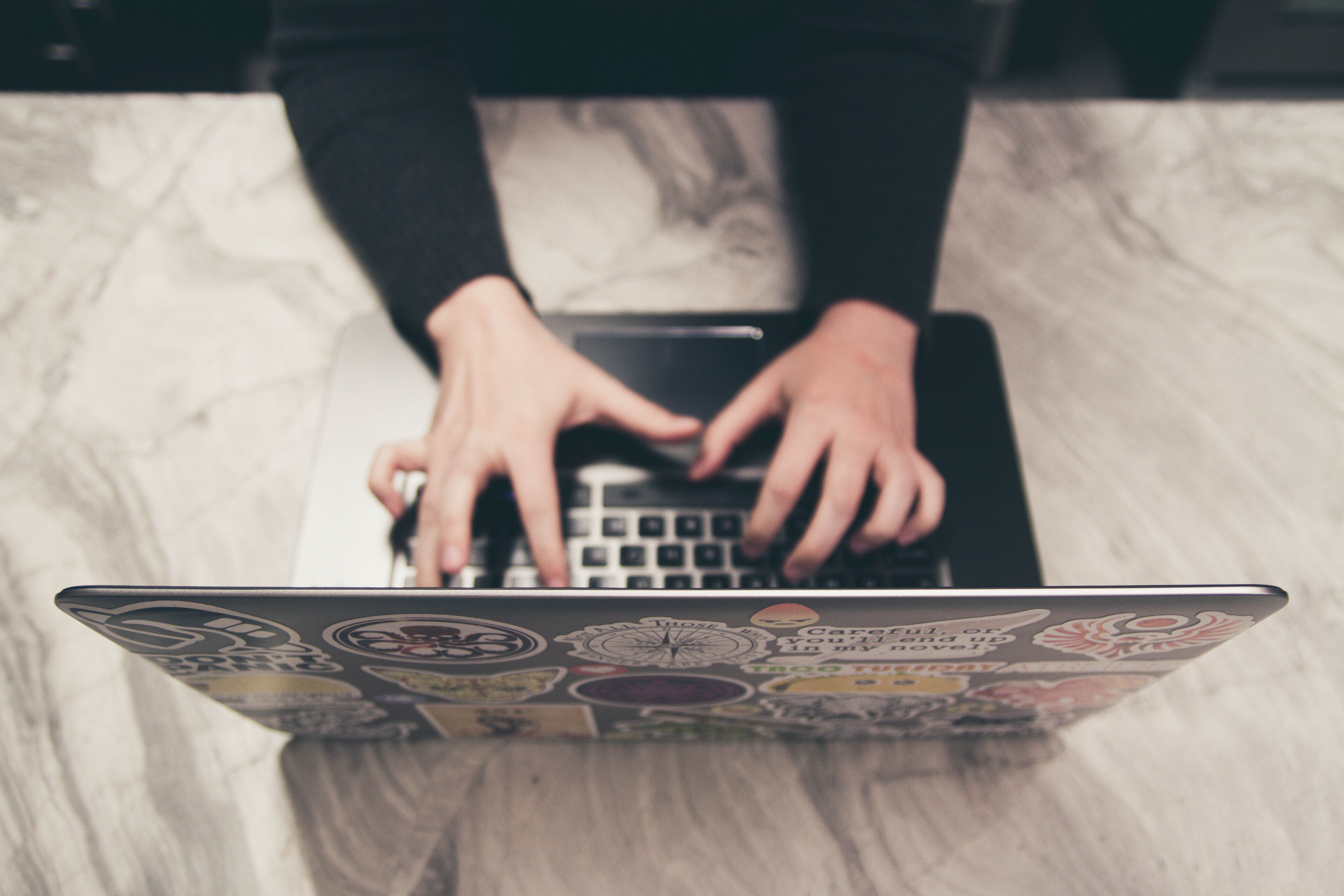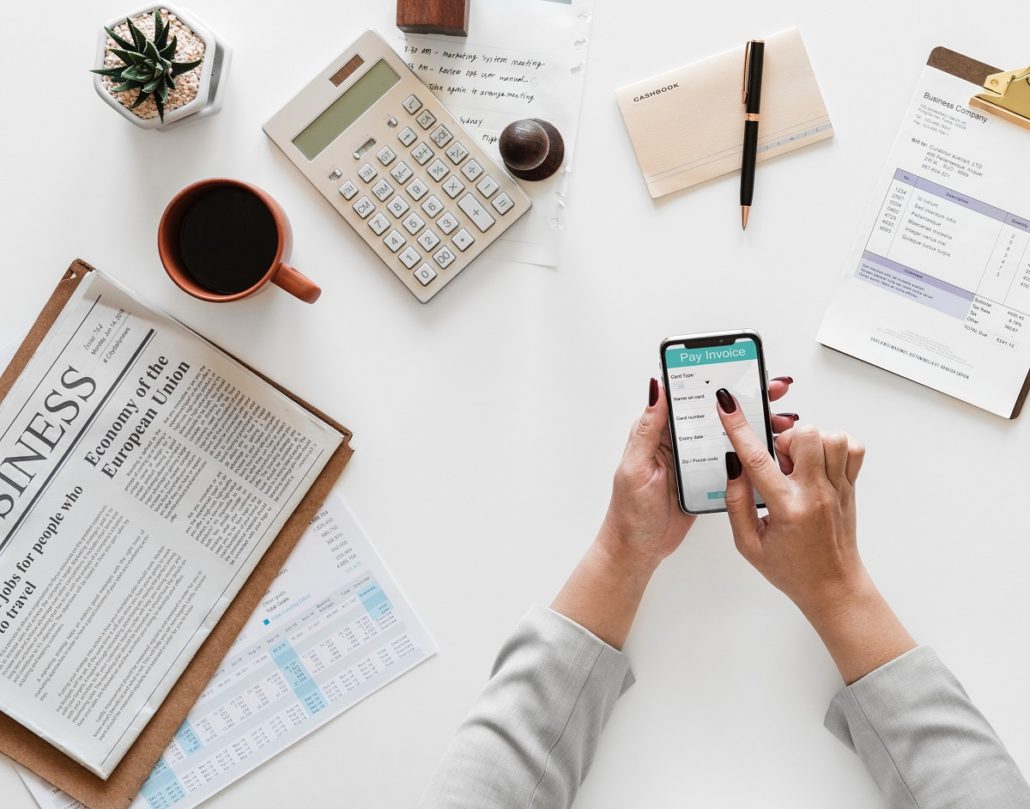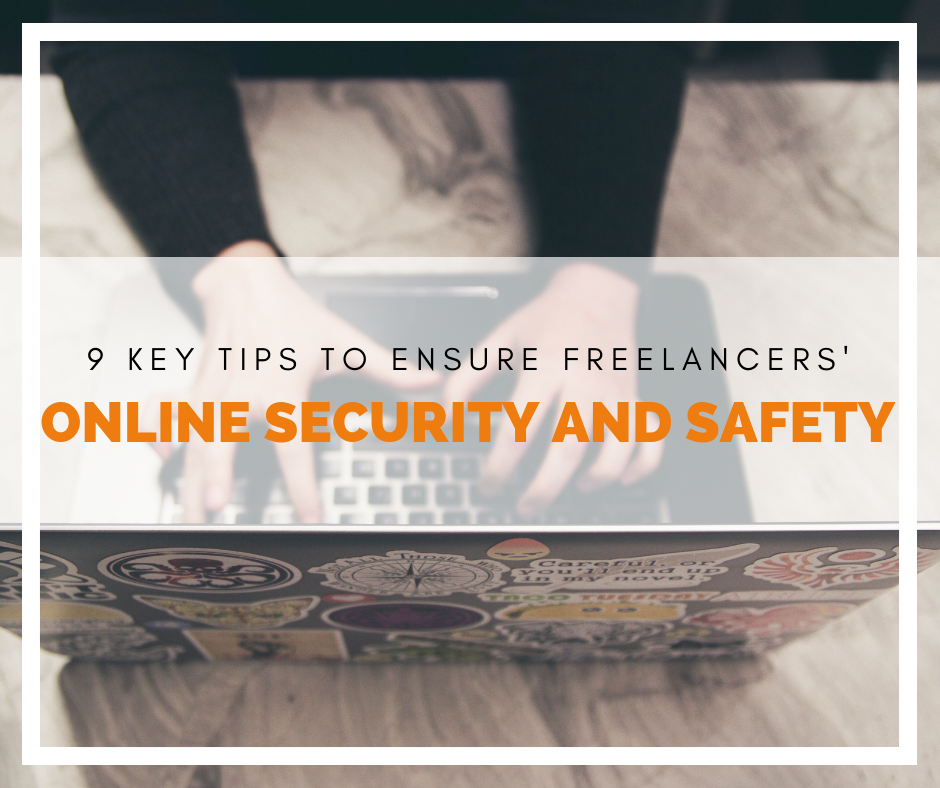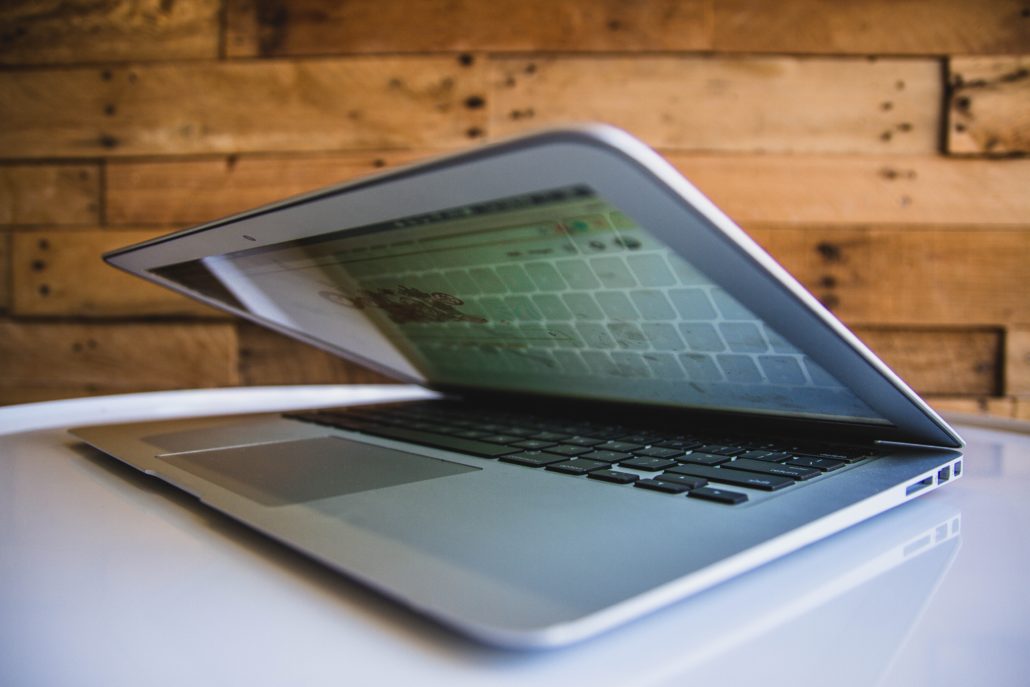When working online, it’s crucial to keep you and your personal information safe. If hacked, your accounts may reveal sensitive data like your full name, your mailing address, and possibly even your banking details. That’s kind of scary and unsettling, right? It cannot be emphasized enough that as online freelancers, we should vigilantly evaluate our online security and safety.

Here are some tips to protect us from cyber attacks, viruses, malware, and unwanted intrusions into “secure” computing systems:
In this post:
- 1. Use strong and unique passwords.
- 2. Don’t forget to log out.
- 3. Don’t access confidential accounts on public devices or networks
- 4. Use privacy settings.
- 5. Do not give your personal information in exchange for prizes.
- 6. Beware of Scams
- 7. Monitor your online financial accounts.
- 8. Shop at Reputable Online Merchants
- 9. Think twice before sharing your location
- About the #makeITsafePH campaign
1. Use strong and unique passwords.
Make sure your passwords are long and strong for all your online accounts. Ideally, passwords should be at least eight characters and include numbers, upper and lowercase letters and symbols. As tempting as it is, avoid using the same password for all your accounts.
Password managers like LastPass, SecureSafe, 1Password, etc can help remember each password for you, strengthening your security.
2. Don’t forget to log out.
Especially when using public computers, don’t forget to log out after using a web service. A cookie is planted in your browser each time you log in, containing a unique value that identifies you while you’re using the web service, and possibly when you log back in later. Stolen identifiers allow fraudsters to hack your accounts use them as if he or she was you. Logging out invalidates the identifier.
The rule of thumb is:
- Log out if you are using a public computer, if you think your session was compromised, or you are accessing web service that contains sensitive data (bank details and other private information).
- It’s okay to stay logged in if you are using private devices or you think your session is safe.
3. Don’t access confidential accounts on public devices or networks
Avoid accessing confidential accounts when using public wi-fi and devices. Complimentary wi-fi services in coffee shops, co-working spaces, restaurants, etc, are generally not safe for confidential browsing, performing financial transactions, or for viewing your emails. Using public networks makes it easy for someone else to eavesdrop on your online activities.
If you must access your confidential accounts, make sure to take some precautionary measures:
- Use a virtual private network (VPN).
- Each time you connect to a website over a public Wi-Fi, make sure that your session is encrypted. Access URLs with HTTPS and not HTTP.
- Avoid performing a file transfer protocol (FTP) transaction over a public Wi-Fi.
4. Use privacy settings.
Most online tools have settings that let you control who can see what you post. You can control how these web services handle content and permissions for the information you provide. Take time to go through the sites that you have an account at and evaluate what information is stored there. Make sure you do not have any exploitable entry point through your online accounts.
5. Do not give your personal information in exchange for prizes.
Take steps to minimize your exposure to threats. It may be tempting to enter draws to win vacations, gadgets and other eye-catching prizes, but be vigilant enough to check if the competition is legitimate. Protect your personal details (full name, address, bank accounts, etc) just like you protect your home and valued possessions.
6. Beware of Scams
With the number of people having Internet access, the number of fraudsters also unfortunately continue to rise. If a job offer, email, or message sound too good to be true or just seems plain fishy, go with your gut and do some additional checking.
Be wary of phishing, where someone sends you a link to what looks like a legitimate website, but it’s actually a scam site that steals your login details or other personal information. Be careful with clicking on links in email or on social media from banks, credit card companies, or government agencies.
7. Monitor your online financial accounts.

Closely monitor your online financial accounts. Check your recent activities and be sure that there are no fraudulent charges to your accounts. If you find something suspicious, report it right away to your bank’s fraud department. There is still a risk that you could be a victim of fraud, even if you don’t bank online.
8. Shop at Reputable Online Merchants
Only shop at reputable online merchants. Many are legitimate sites, but some might be out to steal your credit card number or other financial information, or simply fail to deliver what you’ve paid for.
Use secure websites when shopping or banking. Look for sites with an https in the browser’s address bar. The “s” stands for “secure.”
If possible, use credit cards; otherwise use debit cards or safe online payment services, such as Paypal.
9. Think twice before sharing your location
Like any online tools available to us, location tracking can be a double-edged sword. When used carelessly, it may hurt your privacy; but when used thoughtfully, it can be a powerful and efficient communication tool.
For safety reasons, avoid sharing your location publicly. Criminals will exploit to their advantage anything you give them. When you geotag yourself to a location and you– or your friends– share your location with the public, criminals can learn your patterns, making you vulnerable to burglary, identity theft and cyberstalking. Thieves, for example, would want to know when you are out of the house and for how long are you out of the house. If you regularly “check-in” at the same coffee shop at the same time on specific days, thieves could determine your routine and exploit that information to their advantage.
What you can do: Turn off location sharing on the apps you think might pose a safety risk; and keep it on for the ones that are beneficial to keep – like ‘Find My iPhone’ or ‘Find Friends.’
This article is part of the #makeITsafePH campaign.
About the #makeITsafePH campaign
Hootsuite, a US-based social media management platform, has released its “Digital in 2018” report of social media and digital trends around the world. The report revealed that the Philippines now has 67 million Internet users, with all of them active on social media. This widespread use of the internet gives rise to the emergence of internet-related crimes such as rape, theft, bullying and piracy which made the public, especially the youth, very vulnerable.
Because of this, Globe Telecom, being a purveyor of digital lifestyle, came out with the #makeITsafePH cybersecurity and cyberwellness campaign to educate consumers about online threats and what they can do to avoid becoming a victim. The campaign also teaches the public proper online etiquette so that they would not become a source of such deplorable behavior.


